To provide the best experiences, we use technologies like cookies to store and/or access device information. Consenting to these technologies will allow us to process data such as browsing behaviour or unique IDs on this site. Not consenting or withdrawing consent, may adversely affect certain features and functions.
The technical storage or access is strictly necessary for the legitimate purpose of enabling the use of a specific service explicitly requested by the subscriber or user, or for the sole purpose of carrying out the transmission of a communication over an electronic communications network.
The technical storage or access is necessary for the legitimate purpose of storing preferences that are not requested by the subscriber or user.
The technical storage or access that is used exclusively for statistical purposes.
The technical storage or access that is used exclusively for anonymous statistical purposes. Without a subpoena, voluntary compliance on the part of your Internet Service Provider, or additional records from a third party, information stored or retrieved for this purpose alone cannot usually be used to identify you.
The technical storage or access is required to create user profiles to send advertising, or to track the user on a website or across several websites for similar marketing purposes.
 Tomorrow morning I’ll be taking part in a live webinar considering some of the most important workplace issues that have been raised by the global corona-virus pandemic. As always, we’ll try to take on the least helpful ideas about the “future of work”, the impact on people’s lives, their reactions to the crisis as well as those of their employers. Crucially, we will also talk about what happens after this ends and what longer term effect it will have on work and workplaces. (more…)
Tomorrow morning I’ll be taking part in a live webinar considering some of the most important workplace issues that have been raised by the global corona-virus pandemic. As always, we’ll try to take on the least helpful ideas about the “future of work”, the impact on people’s lives, their reactions to the crisis as well as those of their employers. Crucially, we will also talk about what happens after this ends and what longer term effect it will have on work and workplaces. (more…)







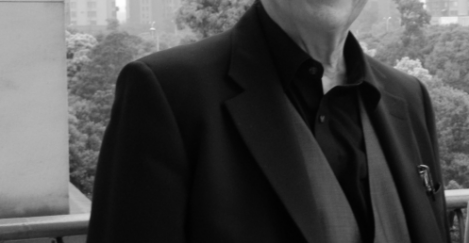
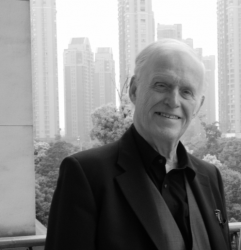


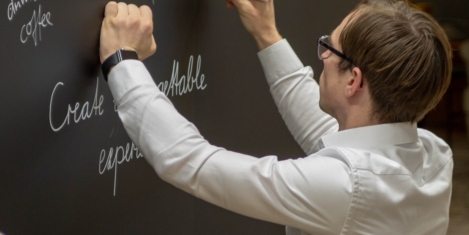





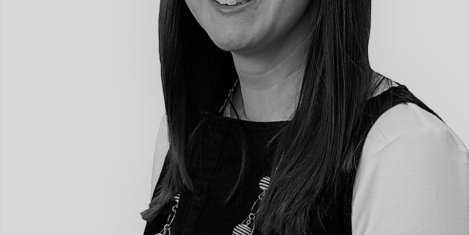







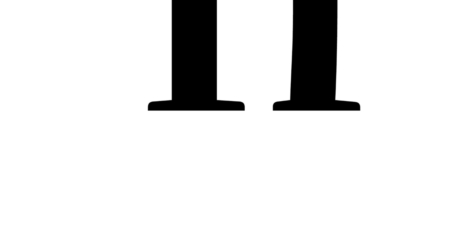
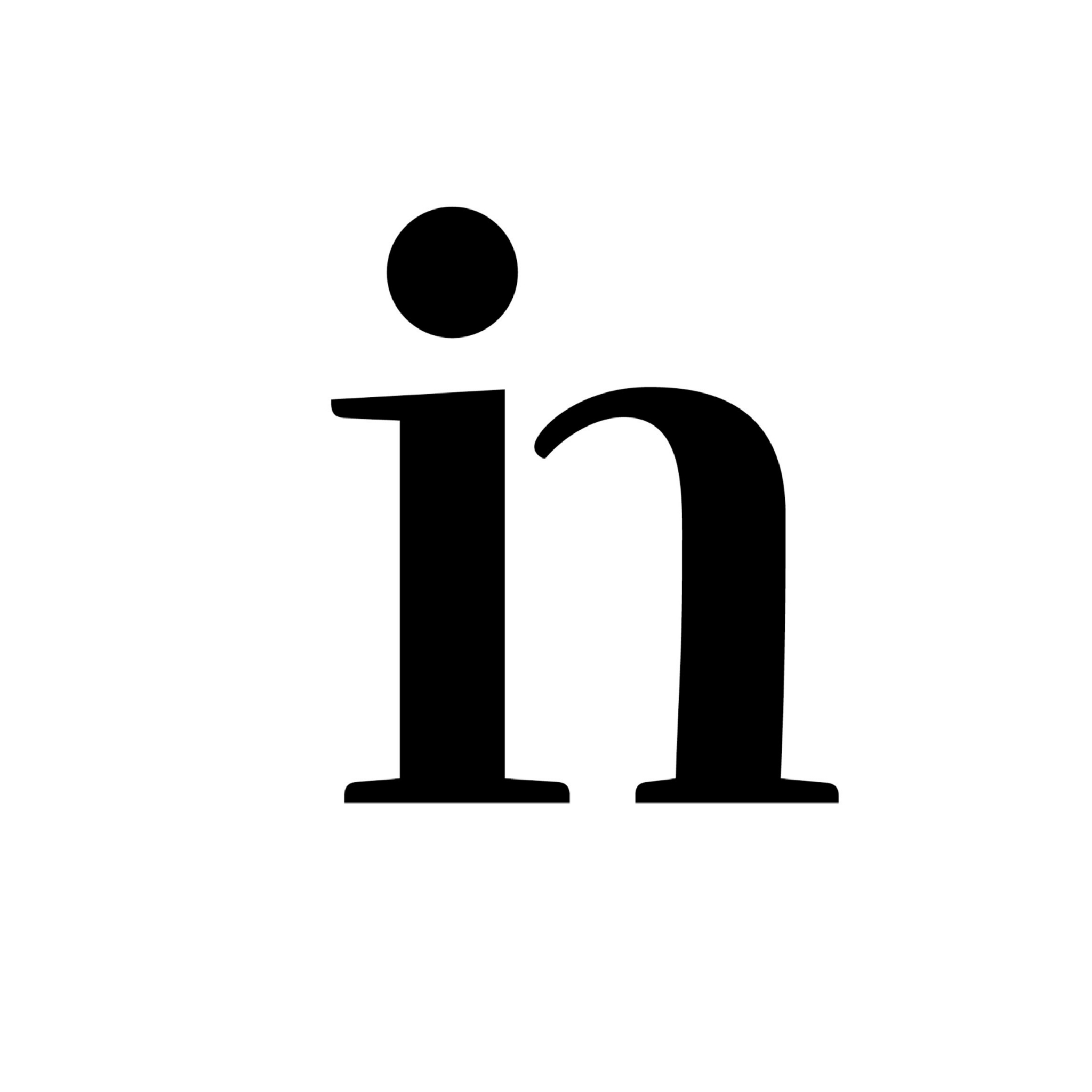









March 19, 2020
Will coronavirus mean the death of the office?
by Mark Eltringham • Comment